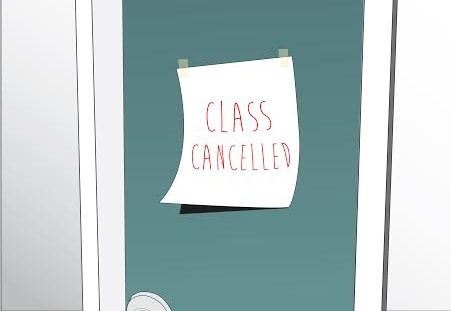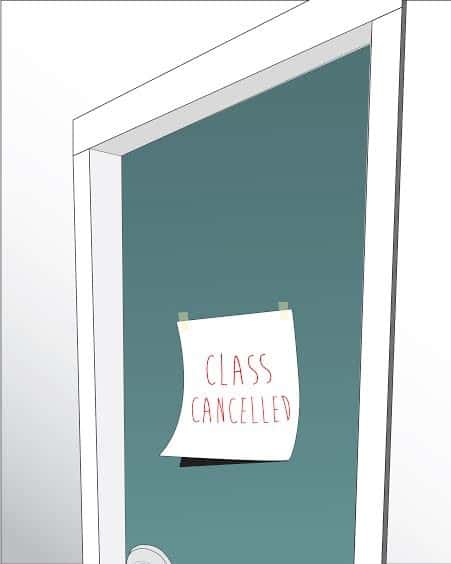Some UTM students are calling for increased course diversity in light of a decision by university administration to remove HIS367, Diasporic Canada, from UTM’s 2014–2015 academic calendar.
In April, the University of Toronto Mississauga Students’ Union (UTMSU) created a petition that called on the university to relist the course, investigate the circumstances that led to its removal, and introduce more diverse courses at UTM. As of press time, the petition had 280 signatures.
In a written response to the petition, Amy Mullin, UTM vice-principal academic and dean, along with professors Shafique Virani and Andreas Bendlin of the Department of Historical Studies, reassured students that the course is on rotation for the year and is not cancelled.
In a course rotation, different classes are available in different sessions. This allows the university to offer students a wider variety of courses over their academic career.
Some students speculated that the decision to remove the course was partly motivated by the political views of Professor Rima Berns-McGown, a sessional instructor in the Department of Historical Studies, who taught the course in previous years.
Mullin, Virani, and Bendlin also reiterated the university’s commitment to academic freedom, and said that the private political views of instructors do not factor into decisions on course offerings. “We find it quite surprising that anyone would assume that the various members of the Department have, in the first place, a shared political view,” they wrote.
“This year, the Department has decided to offer an alternative 300 level course in Canadian history. This alternative course concerns Canadian involvement in WWI and has been scheduled for 2014-15 in order to coincide with the centenary of the beginning of that war,” they added.
Hassan Havili, UTMSU president, and Walied Khogali, UTMSU executive director, maintained that the decision reflects a lack of course diversity. Without an academic-focused students’ union at UTM, the academic needs of UTM students are not adequately represented, Havili and Khogali said.
The situation is similar to that of the St. George campus four decades ago. The University of Toronto Students’ Union (UTSU), then known as the Students’ Administrative Council (SAC), struggled to advocate for the academic needs of students while also fulfilling its other roles as a union. In response, the Arts and Science Students’ Union (ASSU) was established in 1972 to better advocate for academic needs.
UTSG is currently the only U of T campus with an academic-focused students’ union.
According to Abdullah Shihipar, ASSU president, the creation of a separate academic union enabled St. George’s main student union to better focus its resources and provided students with more complete academic representation. He suggested that a similar model could work at UTM.
“While I’m not sure whether or not this would bring more course options, an academic union with a narrower focus could certainly spend more time advocating for this. With UTM’s growing campus, the students of UTM and UTMSU may find this to be a possible option,” said Shihipar.
At UTM, curricular reform takes place within individual academic departments. Mullin said students in academic societies are consulted regularly about changes to programs, modifications to existing programs, and additions or deletions of courses.
In early May, Mullin and Virani both met with UTMSU representatives to discuss solutions to the alleged lack of course variety. After the meeting, Mullin reminded new department chairs, who took office on July 1, of the importance of student consultation during curricular changes.
“Our instructors across the curriculum are committed to diversity in their teaching. In fact, the rotation of our courses demonstrates our dedication and commitment to giving students the broadest possible educational experience,” Mullin said.
With files from Emma Compeau



